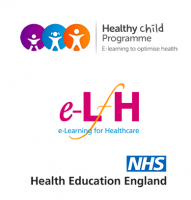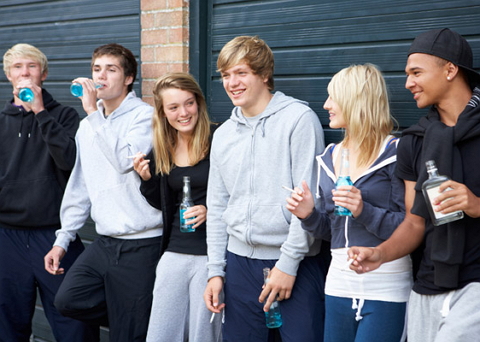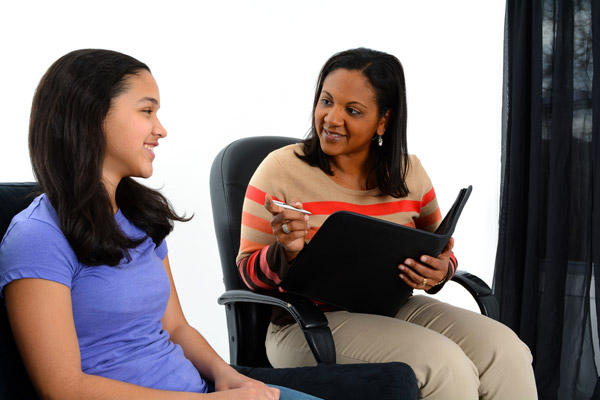Health Promotion in Young People



This session introduces the main issues linked to health promotion in young people. You will learn about the importance of educating young people and you will be presented with the most common approaches used to deliver these interventions.
Learning Objectives
By the end of this session you will be able to:
- Explain why health promotion for young people is important
- Discuss the possible consequences of exploratory behaviour in young people
- Explain the function of new behaviours and skills acquired during adolescence
- Present different approaches to health promotion for adolescents
- Outline specific issues in health promotion for young people
Health promotion is the science or art of helping people change their lifestyle to move towards a state of optimal health. Lifestyle change can be facilitated through a combination of efforts to increase awareness, change behaviour, and create environments that support good health practices.
Russell Viner is currently President of the Royal College of Paediatrics & Child Health (RCPCH), the leading voice for children and young people’s health in the UK. He is also Professor of Adolescent Health at the UCL Institute of Child Health in London, a paediatrician who sees young people with diabetes each week at University College Hospital and he directs the Department of Health Obesity Policy Research Unit.
Russell has a long history of leadership in national health policy, from involvement in the 2005 National Service Framework to helping ensure children and young people were central to the 2019 NHS Long Term Plan. He is currently Vice-Chair of the NHS England Children and Young People’s Transformation Board, responsible for strategic oversight of children’s health in England, and Chair of the Stakeholder Council for the Children’s Transformation Board. He also has significant ‘hands-on’ experience within the NHS, having been Clinical Director in a busy teaching hospital and clinical director for children and young people for the NHS across London, responsible for leading healthcare strategy for London’s 2 million children and young people.
Russell Viner was one of the founders of Adolescent Health in the UK. He set up the first Adolescent Medicine service in the UK and went on to become the UK's first professor of Adolescent Health, helping lead a new focus on adolescent healthcare in the UK and Europe. He was a founder of the UK Association for Young People’s Health (AYPH) and now serves as Patron. He has been Vice-President of the International Association for Adolescent Health. He has acted as an advisor on adolescent health and obesity for the Departments of Health and for Education in England and for the World Health Organisation and Unicef internationally. He is an Executive Committee member for the International Paediatric Association and will be President of the 2021 International Paediatric Congress.
His research focuses on population health, policy and health services for children and young people. Academically, he has published over 200 peer reviewed papers and is currently named on >£20 million in current research grants.


- Anaesthesia Fundamentals | Physiology | Ventilatio...
- Posted By eIntegrity Healthcare e-Learning
- Posted Date: 2024-12-26
- Location:Online
- This session describes how and why ventilation and perfusion vary in the healthy lung. Causes of hypoxia, such as hypoventilation, increased dead space and shunt, are discussed to help the trainee explain and manage hypoxia clinically.
- Anaesthesia Fundamentals | Physiology | Pulmonary ...
- Posted By eIntegrity Healthcare e-Learning
- Posted Date: 2024-12-26
- Location:Online
- This session covers the measurement and clinical importance of lung volumes, including functional residual capacity and dead space. Information regarding the performance and interpretation of flow-volume loops is also included.
- Anaesthesia Fundamentals | Physiology | Co2 Carria...
- Posted By eIntegrity Healthcare e-Learning
- Posted Date: 2024-12-26
- Location:Online
- This session covers the physiology of how carbon dioxide is carried by blood, including its conversion into bicarbonate ions and the role of the red blood cell and haemoglobin in this process. The session also describes how buffers work, and the fundament
- Anaesthesia Fundamentals | Physiology | Function o...
- Posted By eIntegrity Healthcare e-Learning
- Posted Date: 2024-12-26
- Location:Online
- This session focusses on the function of haemoglobin in oxygen (O2) carriage from the lungs to other tissues where cells are supplied with the O2 required for oxidative phosphorylation in the mitochondria. We will cover the structure
- Anaesthesia Fundamentals | Physiology | Gaseous Ex...
- Posted By eIntegrity Healthcare e-Learning
- Posted Date: 2024-12-26
- Location:Online
- This session will introduce you to the physiological effects of altitude and the adaptations that occur with acclimatization. It also introduces the pathology and physiology of high pressure and decompression.







